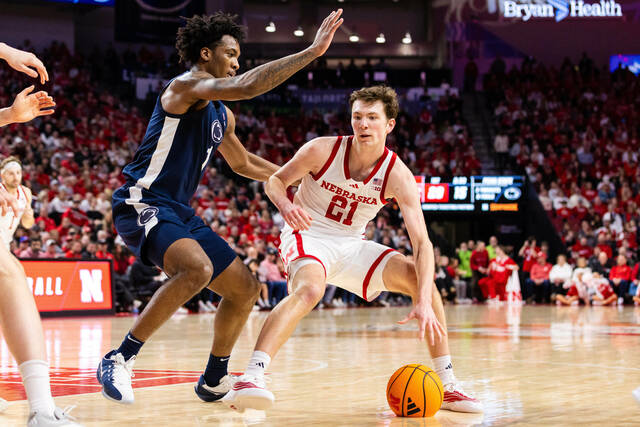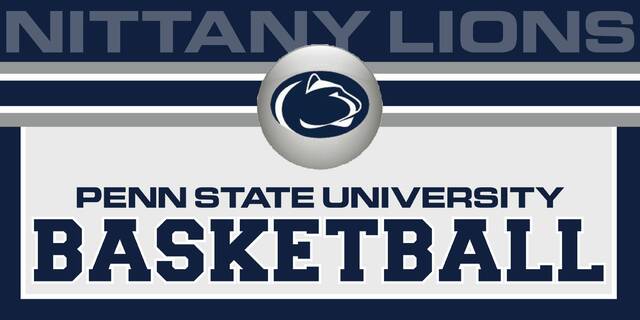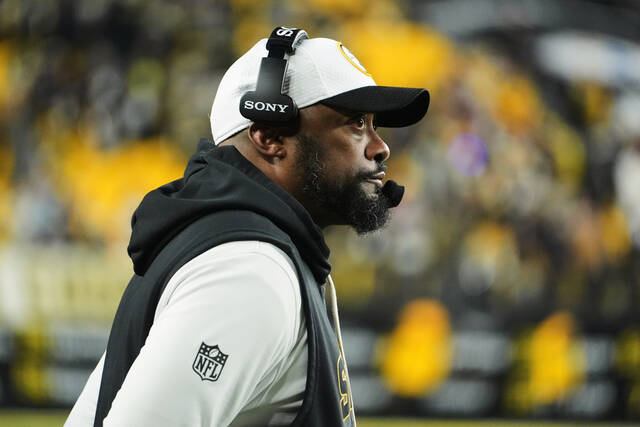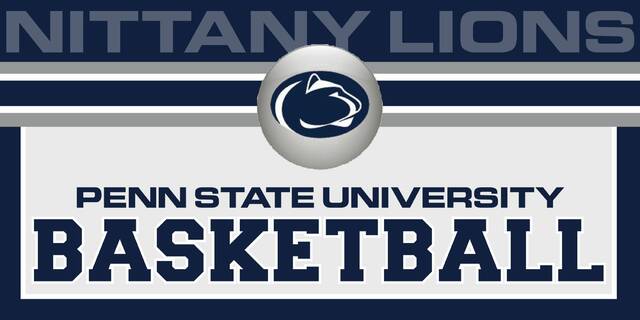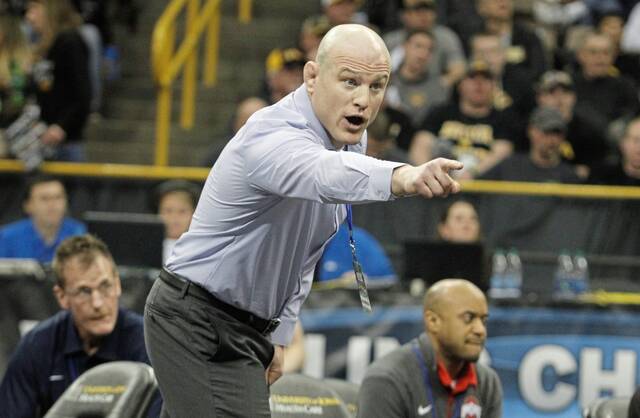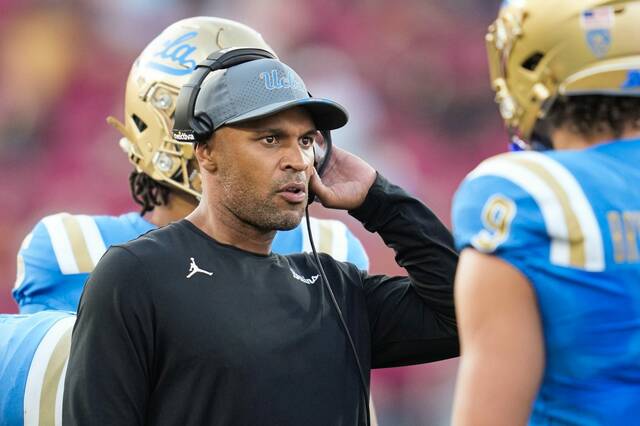Penn State’s Sandy Barbour logged off Thursday from her 104th Big Ten athletic directors meeting since March 12 – yes, she has been counting them — with one overriding thought about the 2020 football season:
If it’s not safe, it won’t happen. And, given Gov. Tom Wolf’s suggestion that high schools should wait until Jan. 1, perhaps it’s not safe at the moment.
Barbour pointed out in a letter to season-ticket holders that Penn State revenue losses during the pandemic have reached “high eight figures, reaching nine figures in the case of no (fall) competition.”
Canceling the football season would be an economic disaster for Power 5 schools, TV networks and sports-starved fans, but Barbour said that won’t be a deciding factor if covid-19 still rules the world.
“The virus will determine whether we play or not,” said Barbour, who said she has taken a 15% salary cut to help ease the university’s financial strain.
“I can tell you this: Every one of those athletic directors is staunchly focused on whether or not we can do this safely. And if the answer to that is no — fans, no fans, money, no money, whatever it is — we won’t do it.”
But if it does happen, Penn State has put together a detailed plan on how it will come together.
First, the covid-19 grip must loosen in the next month — Penn State’s opener is Sept. 5 at Beaver Stadium against Northwestern — and Wolf and the health officials must give the go-ahead to play and, possibly, allow some fans inside.
Penn State Senior Associate Athletic Director Carl Heck said the plan is to allow 23,275 people inside, largely season-ticket holders and students, but a significant dropoff from the six-figure crowds that often crowd into Beaver Stadium.
Heck also said there will be changes to the normal stadium operations, including:
• Staff and fans wearing masks
• Social distancing between seating pods
• More than 1,000 hand-sanitizing stations
• Reduced parking spots, from 25,424 to 8,455 and access only to ticket holders
• Mobile ticketing
• Pre-packaged food and beverages at a reduced number of available concession stands
• Touchless credit card machines
• Zoned entry to improve contact tracing
While putting together the plan, Penn State officials consulted with professional sports leagues and other universities and conducted three surveys among season-ticket holders and students. They received 30,000 responses.
Clearly, Penn State football is a desired commodity. Respondents ranked their likelihood of attending a game second only to going to the grocery store, Heck said.
The thought of playing football in the spring has crossed some minds, but Penn State officials are not focused on it.
“Not that it’s impossible or we wouldn’t look to do it,” Barbour said, “but having two football seasons in the same calendar year within four or five months of each other does present a challenge that we have to make sure that we’re able to address from a health and safety standpoint.”
She also admitted that the pandemic may cause some college administrators to rethink how they spend their dollars.
“There are a lot of programs that don’t have the resources that the Power 5 have that are going to take a long, long time to come back from this,” she said.
“There will be a re-look at college athletics and what we spend on and, frankly, what we don’t spend on and maybe pull some things back to the academy level as they relate to the campuses where our student-athletes are in classrooms every day.”
Despite all the work that has gone into trying to get the season started, there are no guarantees.
“I’m certainly not sure we’re going to play,” Barbour said. “I just think we still have some time for things to turn in the right direction.
“At any point, if our experts come to us and say, ‘Look, even with all your testing, even with all the mitigation, we just don’t think you can do this safely,’ then we won’t do it.”



